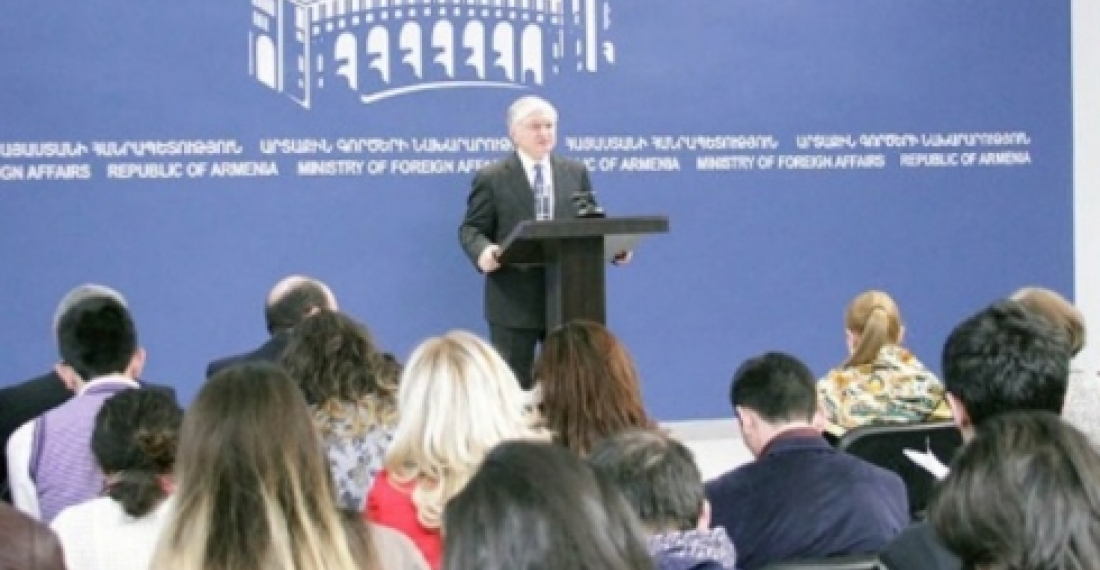An Azerbaijani military officer has been killed by Armenian fire, according to sources close to the Azerbaijani Ministry of Defence. According to the sources Captain Elnur Jafarov, who was from Nakhchivan, was killed in the incident in the Terer sector of the line of contact. This is the latest in a series of incidents over the last days with the two sides reporting hundreds of cease fire violations.
In the meantime the Foreign Ministers of Armenia and Azerbaijan have this afternoon arrived in Paris where they are meeting the diploamts from the three co-Chair countries of the OSCE Minsk Group.
Later they are also expected to hold a bilateral meeting.
Earlier in the week there had been speculation in the Armenian media that the meeting might be cancelled by the Armenian side after the killing of an Armenian soldier in the early hours of Monday morning, but speaking in Yerevan yesterday, the Armenian Foreign Minister Edward Nalbandian said that there was no alternative to negotiations, and that the meeting will take place.
The United States Department of State has in the meantime in a comment by its Deputy Spokesperson, Marie Harf, called on all the sides to refrain from violence and to seek a resolution of the conflict through negotiations and peaceful means. The spokesperson would not be drawn on the specifities of the recent incidents.
The focus is now on Paris and the meeting of the two foreign ministers were some new proposals are apparently on the table. A reference to these proposals was made by the Russian Foreign Minister Sergei Lavrov earlier this week in Moscow. Armenian Foreign Minister Nalbandian yesterday however downplayed the comments, saying that what was being submitted was "not a new approach" and that the "basic principles", also known as the Madrid principles "remain on the table".
source:commonspace.eu with agencies
photo: The Foreign Minister of Armenia, Edward Nalbandian speaking to journalists in Yerevan on 22 January 2014. (picture courtesy of the Armenian Ministry of Foreign Affairs).







